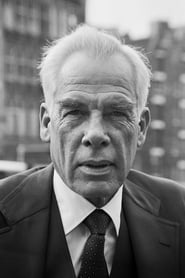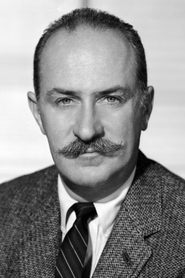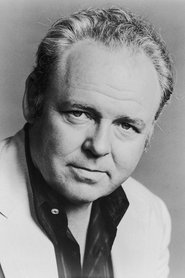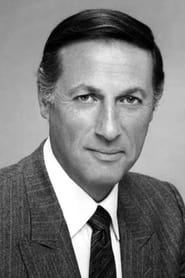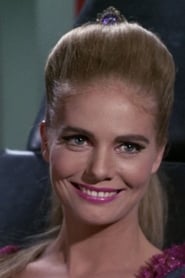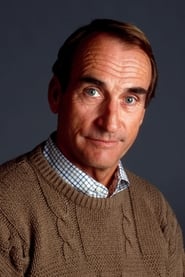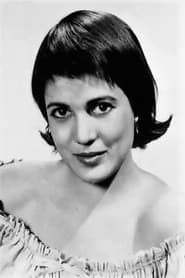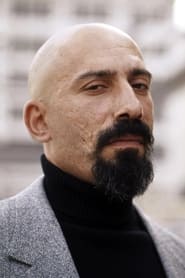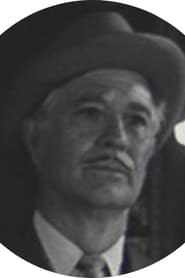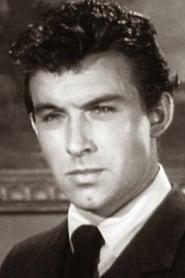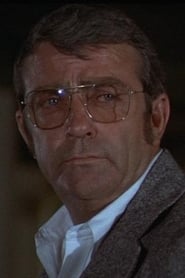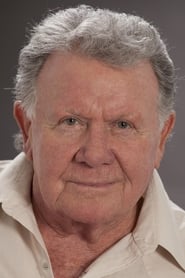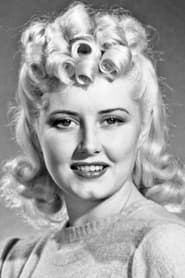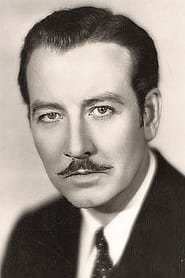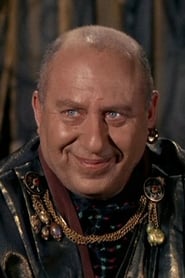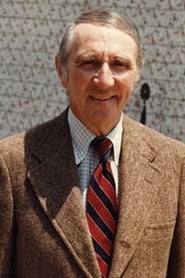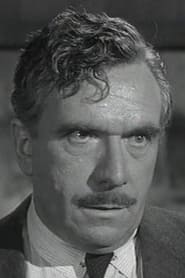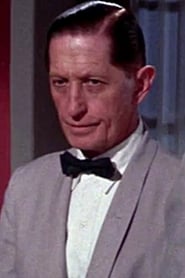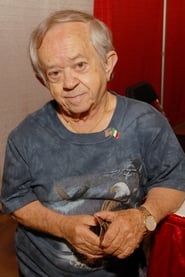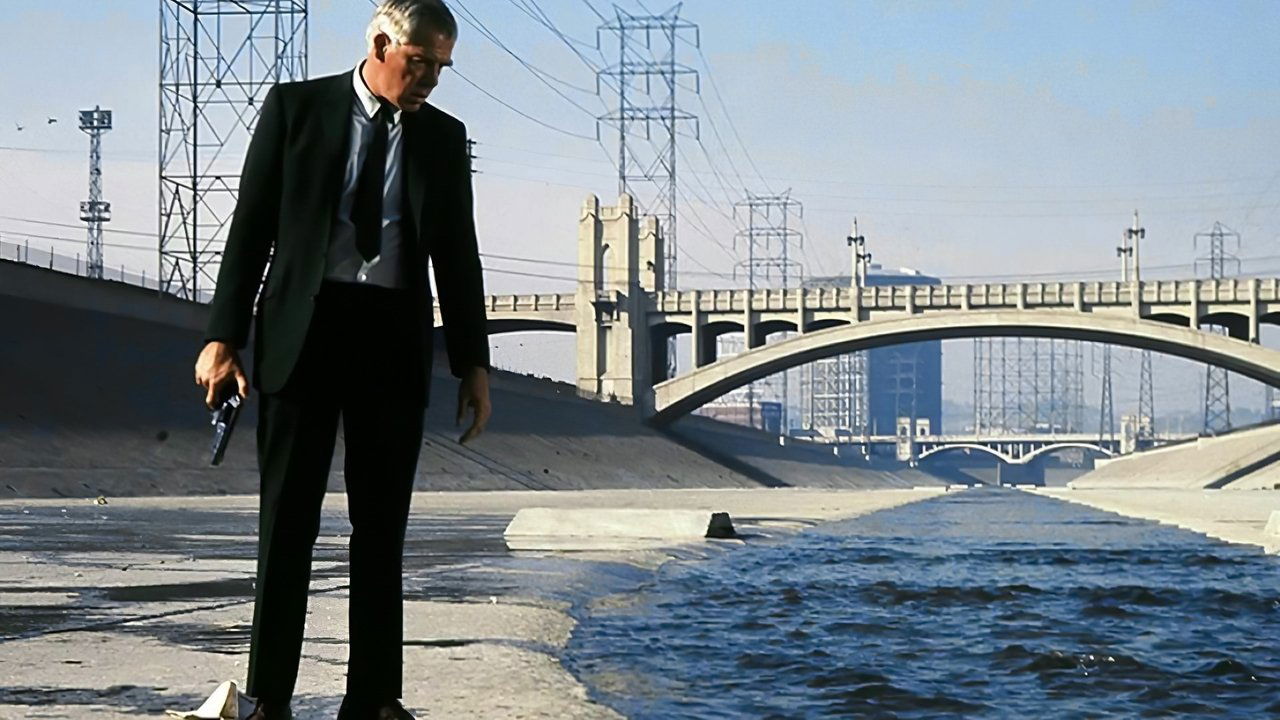
After being double-crossed and left for dead, a mysterious man named Walker single-mindedly tries to retrieve the rather inconsequential sum of money that was stolen from him.
Full Cast of Point Blank
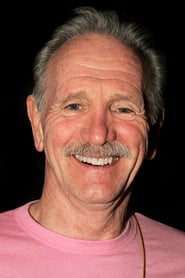
Michael Bell
2nd Penthouse Lobby Guard
Michael Bell is an American actor and voice actor.
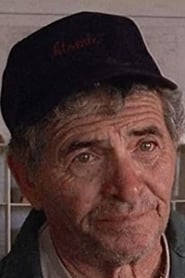
Ted White
Football Player (uncredited)
From Wikipedia, the free encyclopedia Ted White (born January 25, 1926) was an American stuntman and actor who was...
Victor Creatore
Carter's Man
Lawrence Hauben
Car Salesman
Susan Holloway
Girl Customer
Priscilla Boyd
Receptionist
John McMurtry
Messenger
Ron Walters
Young Man in Apartment
George Strattan
Young Man in Apartment
Nicole Rogell
Carter's Secretary
Rico Cattani
Reese's Guard
Roland La Starza
Reese's Guard
George Bruggeman
Conventioneer (uncredited)
Dick Cherney
Spectator (uncredited)
Bud Cokes
Conventioneer (uncredited)
Bonnie Dewberry
Dancer (uncredited)
Richard Elmore
Conventioneer (uncredited)
Duke Fishman
Bar Patron (uncredited)
Carey Foster
Dancer (uncredited)
Stu Gardner
Singer (uncredited)
Rudy Germane
Conventioneer (uncredited)
Kenneth Gibson
Conventioneer (uncredited)
George Hoagland
Conventioneer (uncredited)
Harvey Karels
Conventioneer (uncredited)
Joseph La Cava
Conventioneer (uncredited)
Louise Lane
Conventioneer (uncredited)
Karen Lee
Waitress (uncredited)
Andrew Orapeza
Desk Clerk (uncredited)
Murray Pollack
Conventioneer (uncredited)
Anthony Redondo
Conventioneer (uncredited)
Clark Ross
Conventioneer (uncredited)
Norman Stevans
Conventioneer (uncredited)
Robert Strong
Conventioneer (uncredited)
Tim Taylor
Conventioneer (uncredited)
Sid Troy
Conventioneer (uncredited)
Guy Way
Bill (Brewster's Chauffeur) (uncredited)
Louis Whitehill
Policeman (uncredited)
Roseann Williams
Dancer (uncredited)
John Zimeas
Spectator (uncredited)
Jeff Corwin
Crew of Point Blank
Full backstage crew list →- Released on August 30, 1967
